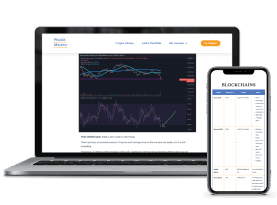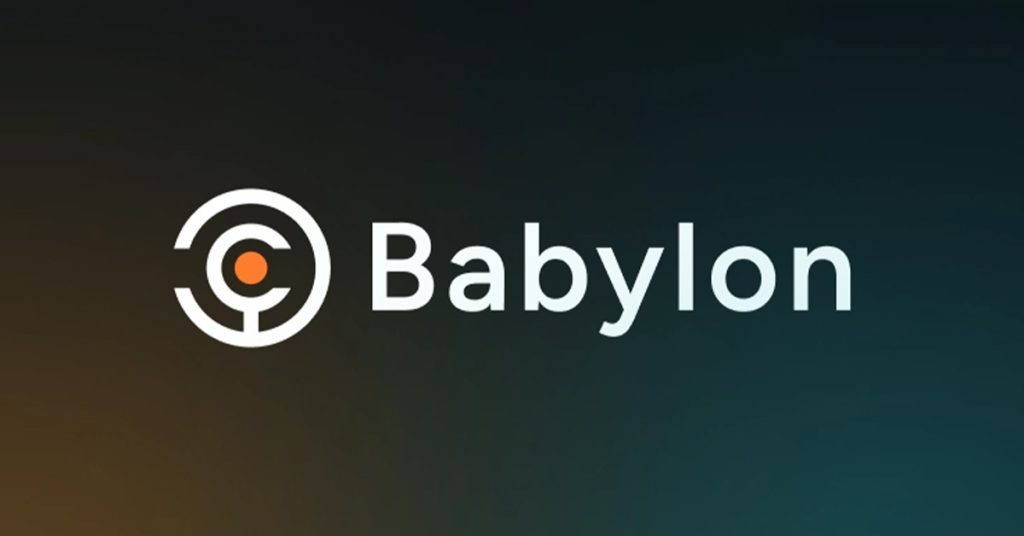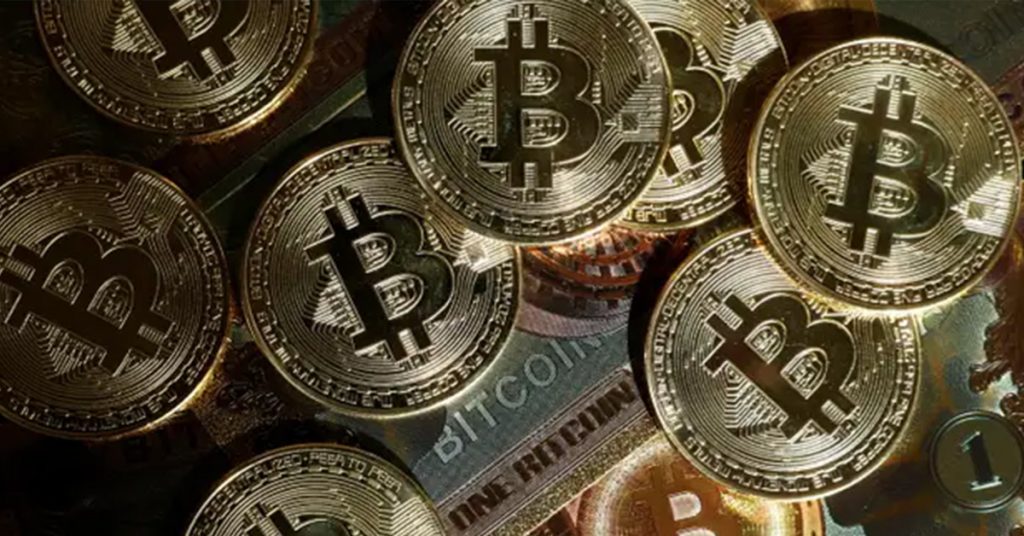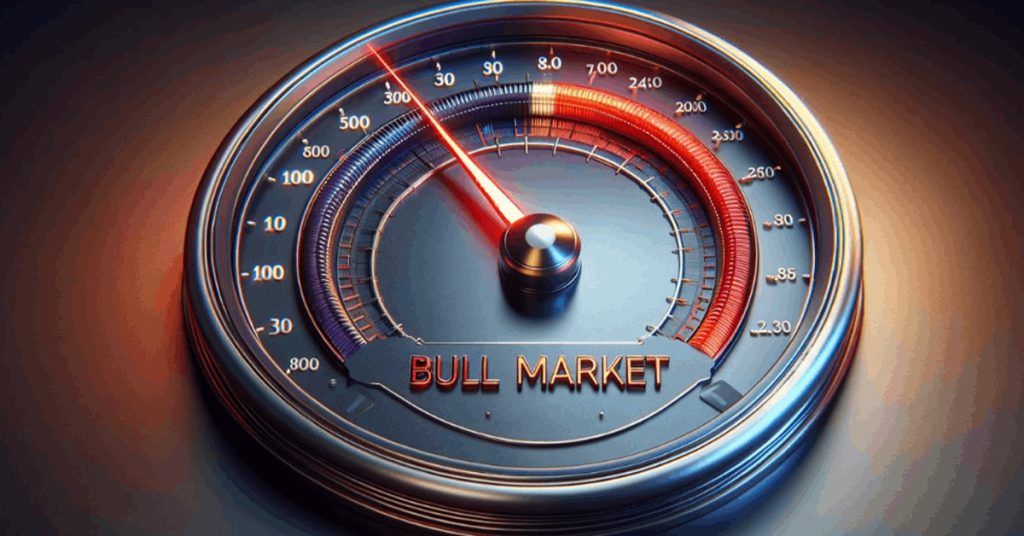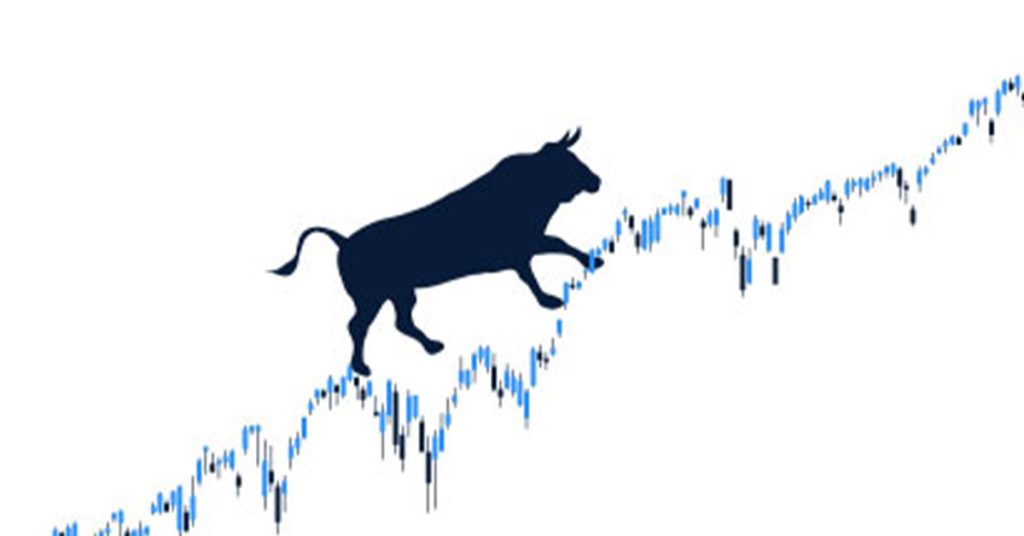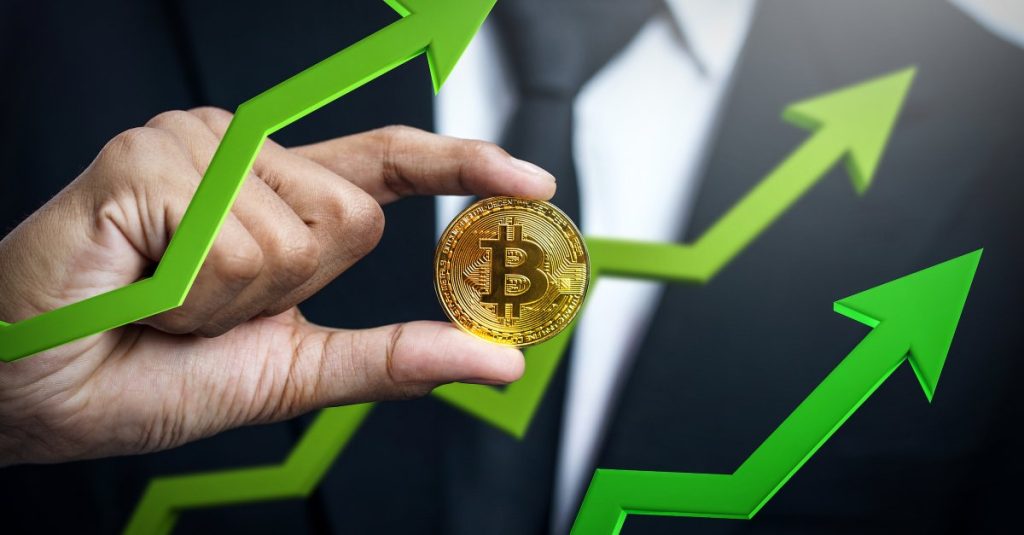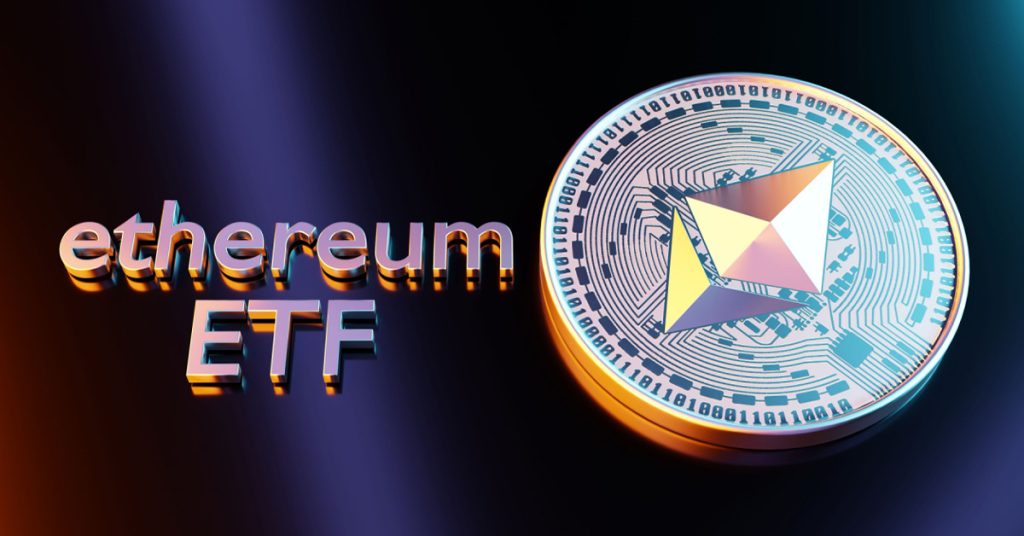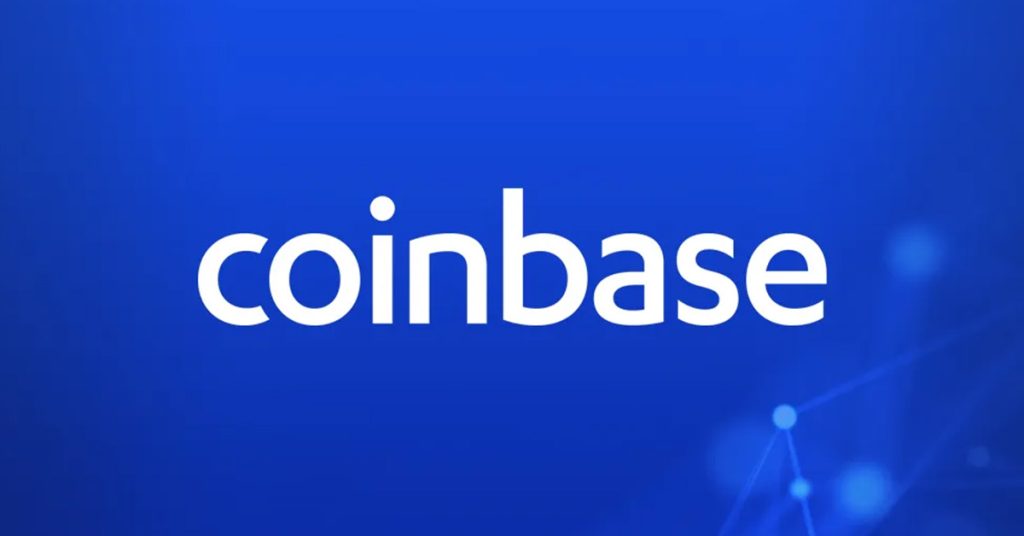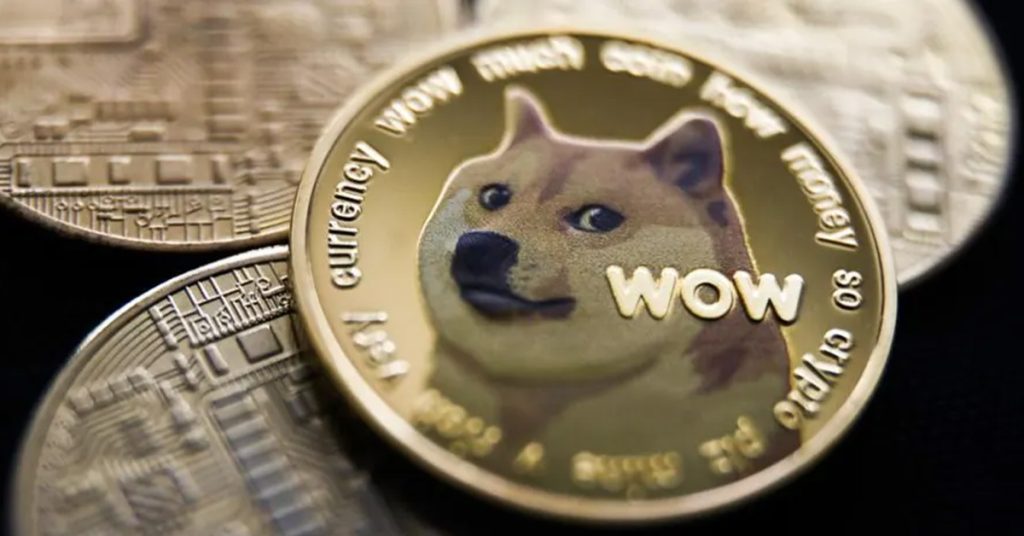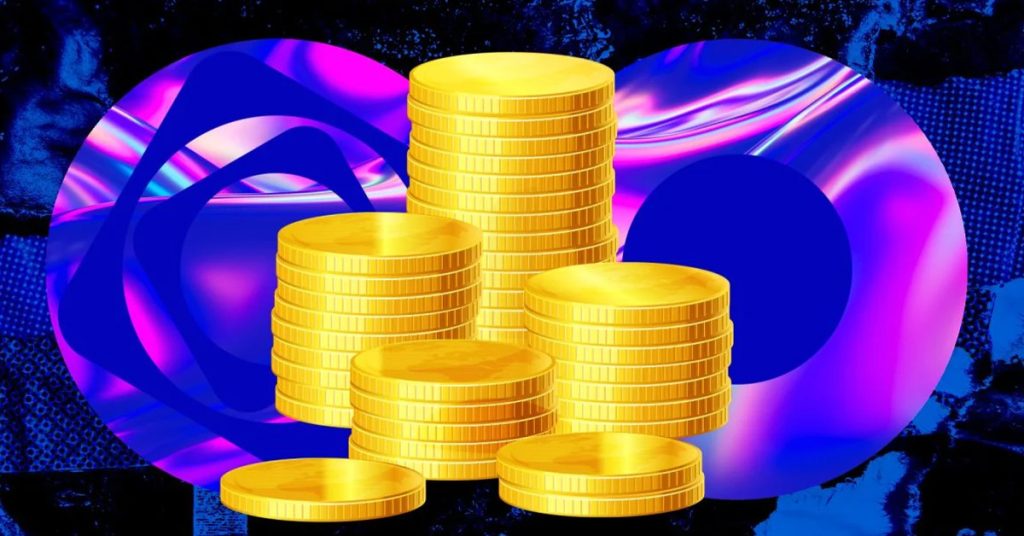Ethereum Futures ETFs: The Institutions’ Gateway to Ethereum
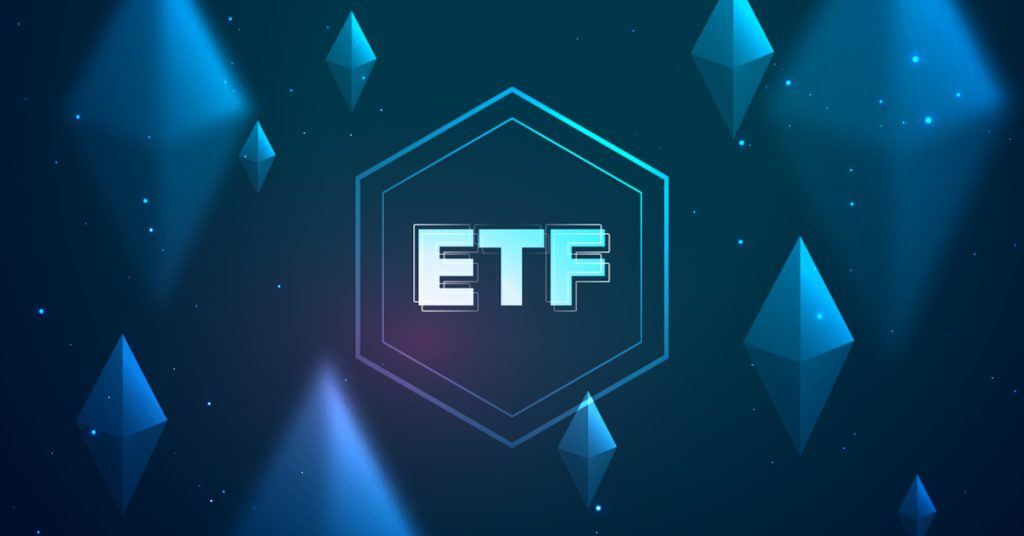
TL;DR
The first Ethereum Futures ETFs in the United States launched in the first week of October 2023. Even though trading volumes have been low, the fact that institutions now have their own piece of ‘money lego’ to get access to Ethereum is bullish. Sure, these futures products are far from ideal, but they are a start.
In the list of allowed ETFs, we see traditional institutions such as VanEck. But we also see Bitwise, a more crypto-native institution. In all cases, the funds let investors buy shares, which are matched by Ether stored at a regulated crypto custodian.
Some only hold Ether futures and some hold a mix of BTC and ETH exposure. One of those, Valkyrie’s fund, was for two years a BTC-only fund Bitcoin Strategy ETF (BTF).
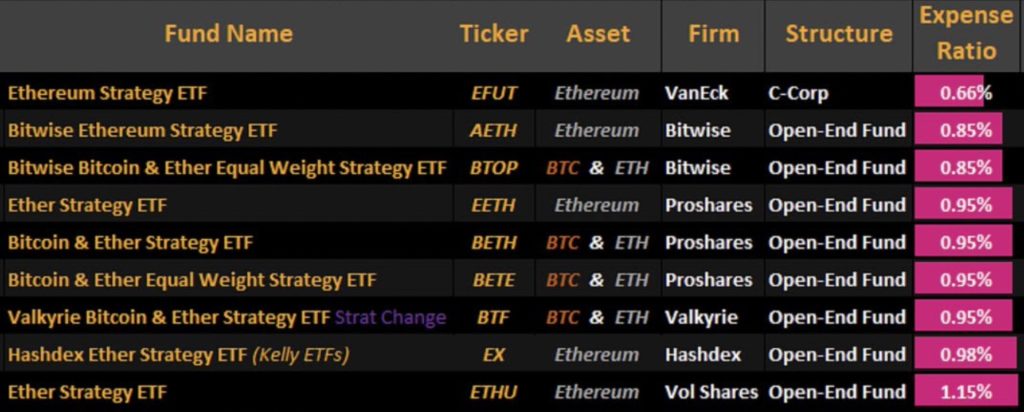
Why were so many Ethereum ETFs launched simultaneously? According to Eric Balchunas, it may have had to do with the American Securities and Exchange Commission (SEC) not wanting to give one ETF the unfair advantage of a head start. This head start matters in trading because ‘liquidity begets liquidity’. Once a fund has established itself as dominant, it will become a self-fulfilling prophecy: traders need volume and will disproportionally flock to the winner.
Low Trading Volumes
So, was the launch a success? In one sense, no. In total, the funds saw trading volumes of $1.92 million in their first day of trading. The winner was ProShares Ether Strategy ETF with more than 800k volume.
Indeed, I hear you say, a small altcoin does those figures…. you are factually right. For example, Aptos on Coinbase had the same 24-hour volume the day before writing this article. So, this is somewhat disappointing.
Sentiment and volumes are low across crypto markets. Should these Ethereum funds have been launched in 2021, we would likely have seen different numbers. The Bitcoin Futures ETFs traded a billion on their first day in October 2021….
This difference can’t only be attributed to market conditions though. It also has to do with how institutional investors view Ethereum. While crypto enthusiasts like you and me take Ethereum very seriously, for institutional investors Bitcoin is still really only what they look at, if they do at all.
But – and this is the important symbolic significance of these Ethereum Futures ETFs launches – they will mark the beginning of the process of legitimizing Ethereum in the eyes of institutional investors.
Also, it gives extra credibility – it even seems like an implicit admission of the SEC – that Ethereum is a commodity and not a security. Let’s zoom in a bit on these terms: commodities, the funny term ‘futures’ and ‘ETFs’.
The Origin and Use Case of Commodity Futures
Let’s take a step back. Commodities such as corn, wheat, and coffee beans have been traded since the dawn of human civilization. Later came natural gas and oil. Originally, most trading would have been on physical markets, where products changed hands on the spot. We still use the term spot markets.

But commodity markets have evolved. Both buyers and producers would want to think ahead. A producer of corn syrup will plan its production schedule without being able to store a gazillion tons of corn in their warehouses. But they do want to hedge against large future price movements. What if a future corn crop fails? Prices will skyrocket and they won’t be able to afford to buy the essential ingredient of their product. Unless they can already buy it, at a pre-agreed price. With a corn futures contract, a producer of corn agrees with a buyer on a price for a certain amount to be delivered at a certain date.
And of course, once you make these contracts tradeable, every trader, not just corn producers, can jump into this market. Everyone can benefit from exposure to the price of copper or corn or whatever contracts, even though we would never want to own the physical copper or corn – unless you reaaaallly like corn I guess.
Why Invest in Commodities?
To make exposure to commodities futures more accessible, the commodity markets have created products that nicely wrap them in tradeable form, for example Exchange Traded Funds (ETFs). Since the 1990s, commodities have evolved as an asset class. Institutional investors can since allocate a percentage of their portfolio to commodities, through these ETFs.
And this also makes a lot of sense for institutional investors in the case of BTC or ETH ETFs. After all, they don’t need ‘physical’ Ether to top up their Uniswap or OpenSea accounts: they just want exposure to Ethereum’s ‘number go up’. ETFs are their reliable, proven, and uncomplicated vehicle for that.
So, whereas hardcore gold bugs would scoff at the idea of owning ‘paper gold’ through an ETF, institutional investors are perfectly fine with this. They want to be exposed long-term to commodities as part of their portfolio.

So, Futures are Great, then?
It sounds great for traders: trading the oil (or Ether) price without having to store barrels in your basement – or having to deal with a hardware wallet. Indeed, this is the core advantage of commodity futures. Also, on Futures ETFs, leverage is possible, if that’s your cup of tea.
But there are disadvantages of futures ETFs:
- Futures ETFs have slippage fees that come with ‘rolling over’ the futures contracts. After all, they have expiration dates. People who want to stay exposed will need new contracts. If next month’s contract trades at a premium compared to the nearest expiry, this is called ‘contango’. If this keeps happening month after month, the fund will compound losses and will have to pass these on to its customers. The Proshares Bitcoin Futures ETF, for example, underperformed Bitcoin price by roughly 6 % in the first nine months of 2023.
- Futures ETFs can experience tracking error: that’s where the ETF performance deviates from the performance of the underlying asset.
The already mentioned Eric Balchunas suspects that in part for these reasons, the arrival of Spot Bitcoin and Ethereum ETFs will make the current futures ETFs obsolete.
Still, the Bitcoin and Ethereum futures ETFs are a vast improvement compared to trust products like the Grayscale Bitcoin Trust (GBTC). With these products the share price can trade at a large premium or discount compared to the spot price. In other words, the price can diverge dozens of percent – in both directions – from the actual BTC or ETH price.
Implications for Upcoming Spot ETFs (Both ETH and BTC)
At the time of the Ethereum Futures ETF launches, there were also four spot Ethereum ETF filings that might at some point be approved. As mentioned, spot ETFs don’t suffer from tracking error and slippage fees: they are a superior product and it’s a crying shame that these weren’t allowed first. It’s really the world upside down: spot markets should have priority over the derived futures markets. It’s just that the SEC has a grip on the exchange where futures are traded.
Conclusion
With the new ETH futures, institutional investors can now invest in the fast-growing Ethereum ecosystem, with the ease and security of traditional finance. Ethereum has been given a nod of approval by the American SEC – even if no doubt with gritted teeth!
Analysts think that there might be a positive signal to the fact that many Ethereum ETFs were all allowed to launch by the SEC on the first day. It signals that the same might happen to the upcoming series of spot ETF products for Bitcoin that are in the waiting line. Currently, the SEC is working out the details for those Bitcoin spot ETFs – nothing is guaranteed yet about when or even if they are allowed. But market analysts expect early January as a likely date for the approval of several Bitcoin spot ETFs. Ethereum spot ETFs could then follow. In the meantime,

